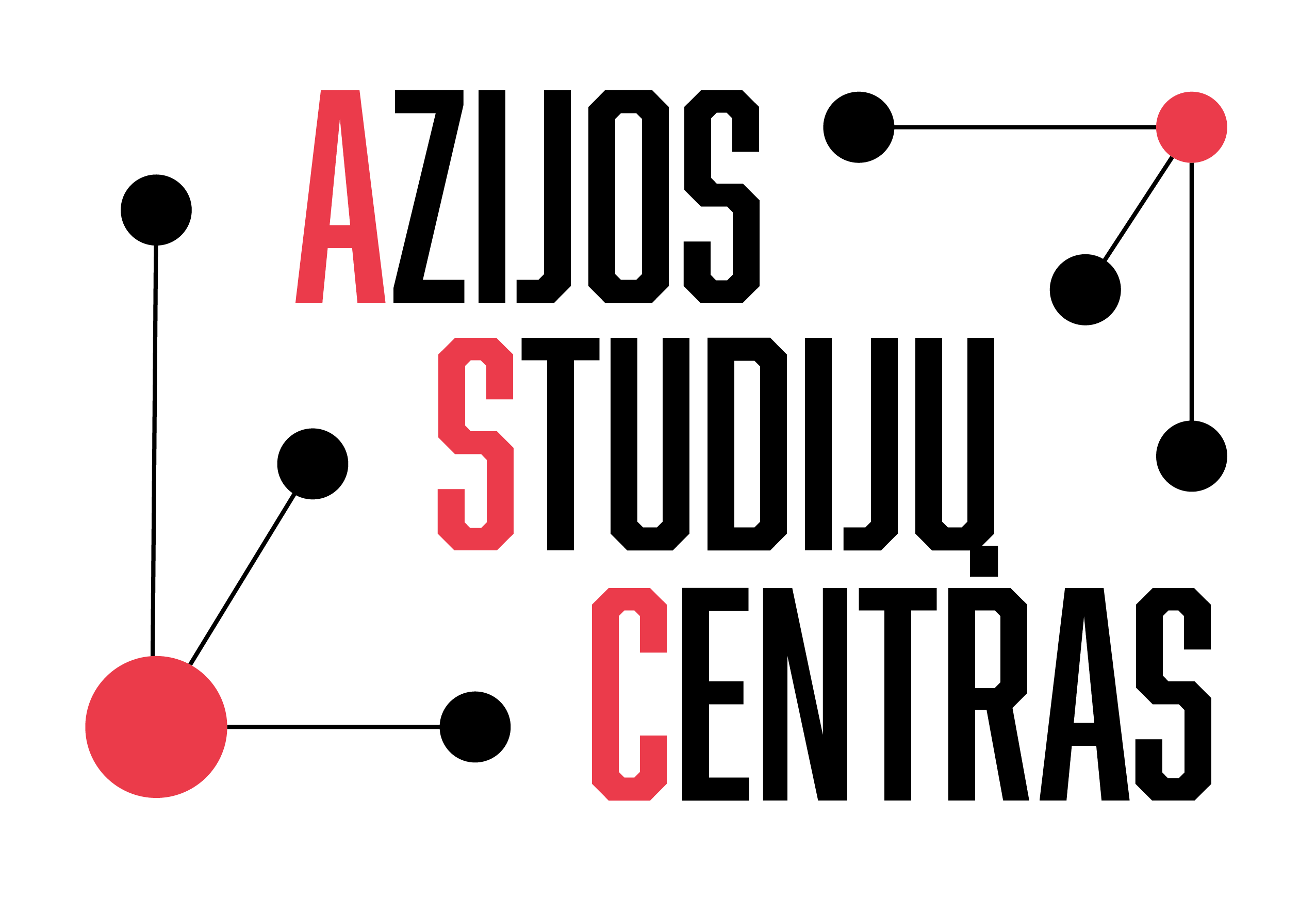 Recently, Ms. Madoka Sugihara, grand-daughter of Chiune Sugihara, granted the permission to Vytautas Magnus University’s Centre for Asian Studies to publish historical document Nr. 220 issued by Prof. Dr. Mažylis Private Hospital (currently Mažylis Maternity Hospital) which testifies the birth of Haruki, the third son of Ch. Sugihara. The record which has been found in Kaunas Regional State Archives not only testifies that Sugihara’s son was born in Kaunas, but also provides new information.
Recently, Ms. Madoka Sugihara, grand-daughter of Chiune Sugihara, granted the permission to Vytautas Magnus University’s Centre for Asian Studies to publish historical document Nr. 220 issued by Prof. Dr. Mažylis Private Hospital (currently Mažylis Maternity Hospital) which testifies the birth of Haruki, the third son of Ch. Sugihara. The record which has been found in Kaunas Regional State Archives not only testifies that Sugihara’s son was born in Kaunas, but also provides new information.
The document states that Ms. Yukiko Sugihara arrived to the hospital on May 28th, 1:30 P.M. after she felt the first signs of labor. At 2:00 P.M., after very successful birth received by the doctor Ms. St. Chvedukaitė, a boy of 2,85 kg was born. Both patients were released on June 4th.
“The discovery of this document, to which the staff of the Centre for Asian Studies and the Maternity Hospital contributed much, provides new information regarding Sugihara’s family life in Kaunas. Moreover, it is important in the development of the memory of Sugihara in Kaunas” – the head of the Centre Dr. Aurelijus Zykas states, – for instance, it allows to include Mažylis Maternity Hospital as a new destination of Sugihara Route, a project recently successfully developed by Kaunas Municipality”.
Haruki Sugihara spent most of his life outside Japan. After the Consulate was closed in Kaunas, Haruki together with his parents and brothers were thrown in different places of Europe, and spent most of their time in the internment camp in Romania. Eventually, the family returned to Japan via Transsiberian Railway. After the war, conditions in the country were very harsh, there was not enough food to eat well. Despite the hardships, Haruki was a very happy, energetic and beloved kid and family called him “Kuri-chan” (‘kuri’ in Japanese means chestnut).
Although previously Haruki had been complaining about headache, on November 11th, 1947 his condition deteriorated. After suffering for 24 hours he died surrounded by his family. After his death Haruki was diagnosed with leukemia.
Even though it is not very common in Japan, after cremation, his family presered the urn with his ashes in the family‘s house. According to family’s testimony, his mother Yukiko, who loved her son very much, put some rice in front of the urn every time before eating and remembered her “dearest Kuri-chan”. Only much later the urn has been buried in the family grave in the city of Kamakura.
Chiune Sugihara was a Japanese Vice-Consul, who worked in Kaunas during 1939-1940 together with his family. Since the start of the Second World War by the so called ‘Visas for Life’ he saved thousands of Jewish refugees. Chiune and Yukiko Sugihara had four sons. The eldest son Hiroki (1936-2001) was born in Japan, the second son Chiaki (1938-2010) was born in Helsinki, and the fourth son Nobuki (1949) was born in Japan.










 Follow
Follow